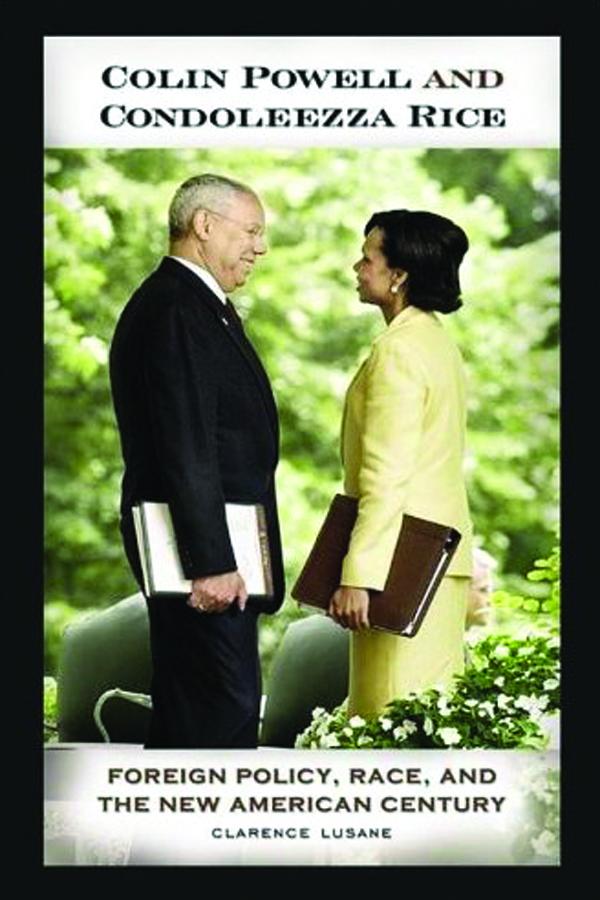Our Work
At IPS, our work is centered in our vision: we believe everyone has a right to thrive on a planet where all communities are equitable, democratic, peaceful, and sustainable. Our intersecting programs and initiatives, led by a diverse group of expert staff and associate fellows, are helping to shape progressive movements toward this vision.
Latest Work
Japan’s Persian Gulf Policies in the Koizumi Era
Has the Koizumi administration abandoned neutrality, historic pacifism, and common sense in its pursuit of oil and a stronger alliance with the United States?
In Iraq, with Zarqawi Gone, It’s on to the Next Villain
What the U.S. needs is a change in policy not a change in villains.
Iraq–Fool Me Twice
In October 2002 the White House deceived the Congress and the public, inducing Congress–in the administration’s interpretation–to abandon its constitutional responsibilities in matters of war-making.
Congressional Legislation Aimed at Isolating Hamas is Likely to Backfire
Efforts at isolating Hamas are likely to backfire.
Afghanistan & the Ghost of Kim
Is it time to retire the Great Game to the pages of history and literature and bring the troops home?
Military Kills Al-Zarqawi; Political Scene Filling In; Time for U.S. Focus on Exit
The death of al-Zarqawi is an opportunity to re-evaluate U.S. strategy in Iraq.
Bush Offers Direct Talks with Iran
UFPJ Talking Points #41: The talks are a direct result of the Bush administration’s failure to win even a modicum of international support for its military and economic threats.
Colin Powell and Condoleezza Rice: Foreign Policy, Race, and the New American Century
A groundbreaking analysis of the intersection of racial politics and American foreign policy.
Israel’s Olmert Comes to Washington
UPFJ Talking Points # 40: Olmert wins US support for the Sharon-initiated plan for a unilateral Israeli move in the West Bank.
Decision on Libya Marks Shift in Bush Foreign Policy
The recent announcement by Secretary of State Condoleezza Rice that the United States will open an embassy in Libya was welcome news all around. Long overdue, the restoration of full diplomatic relations is a win-win situation for both Libya and the United States, as well as for other states in and out of the Middle East. The U.S. decision also marks a significant shift in the foreign policy of the Bush administration, a change most observers have overlooked.

